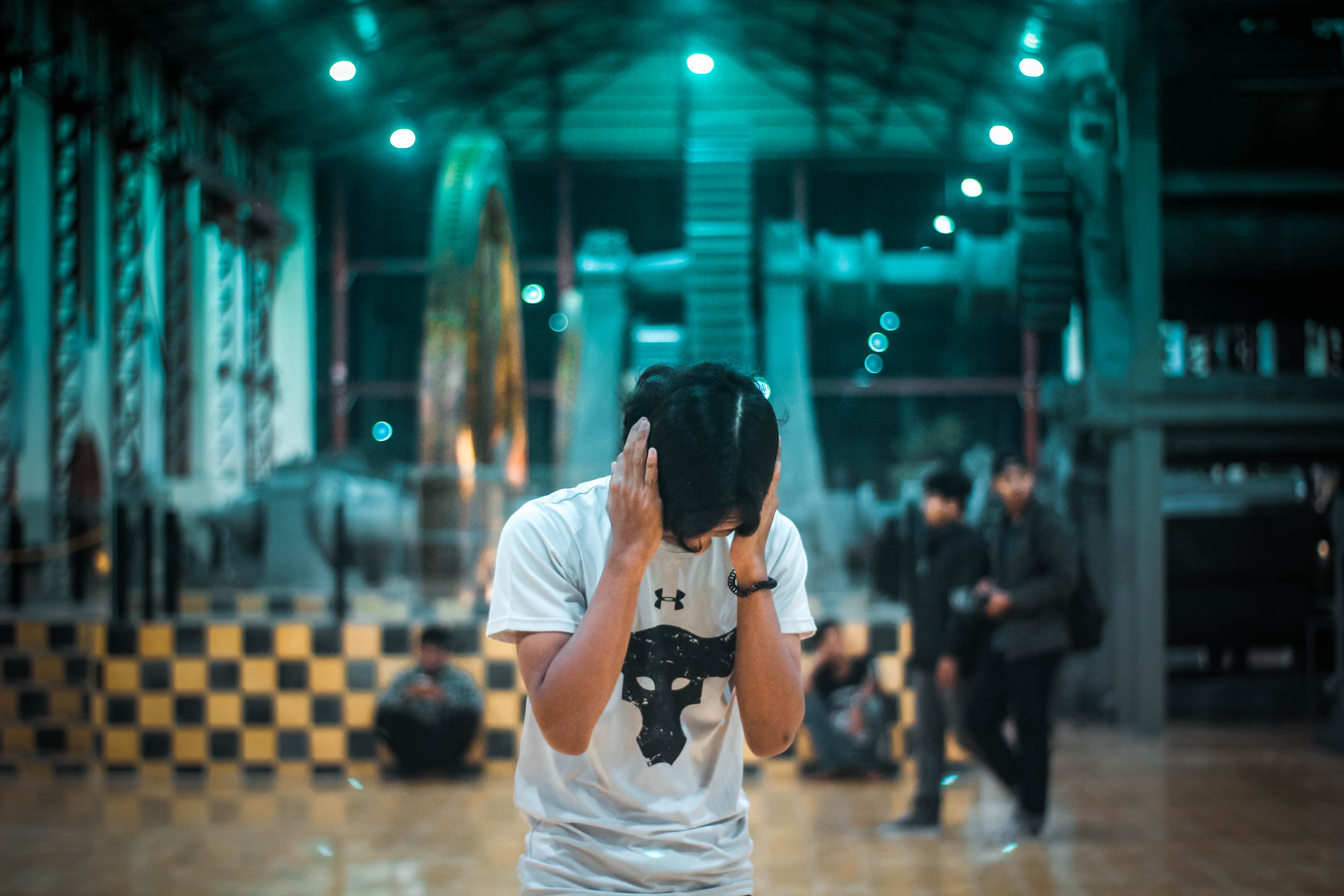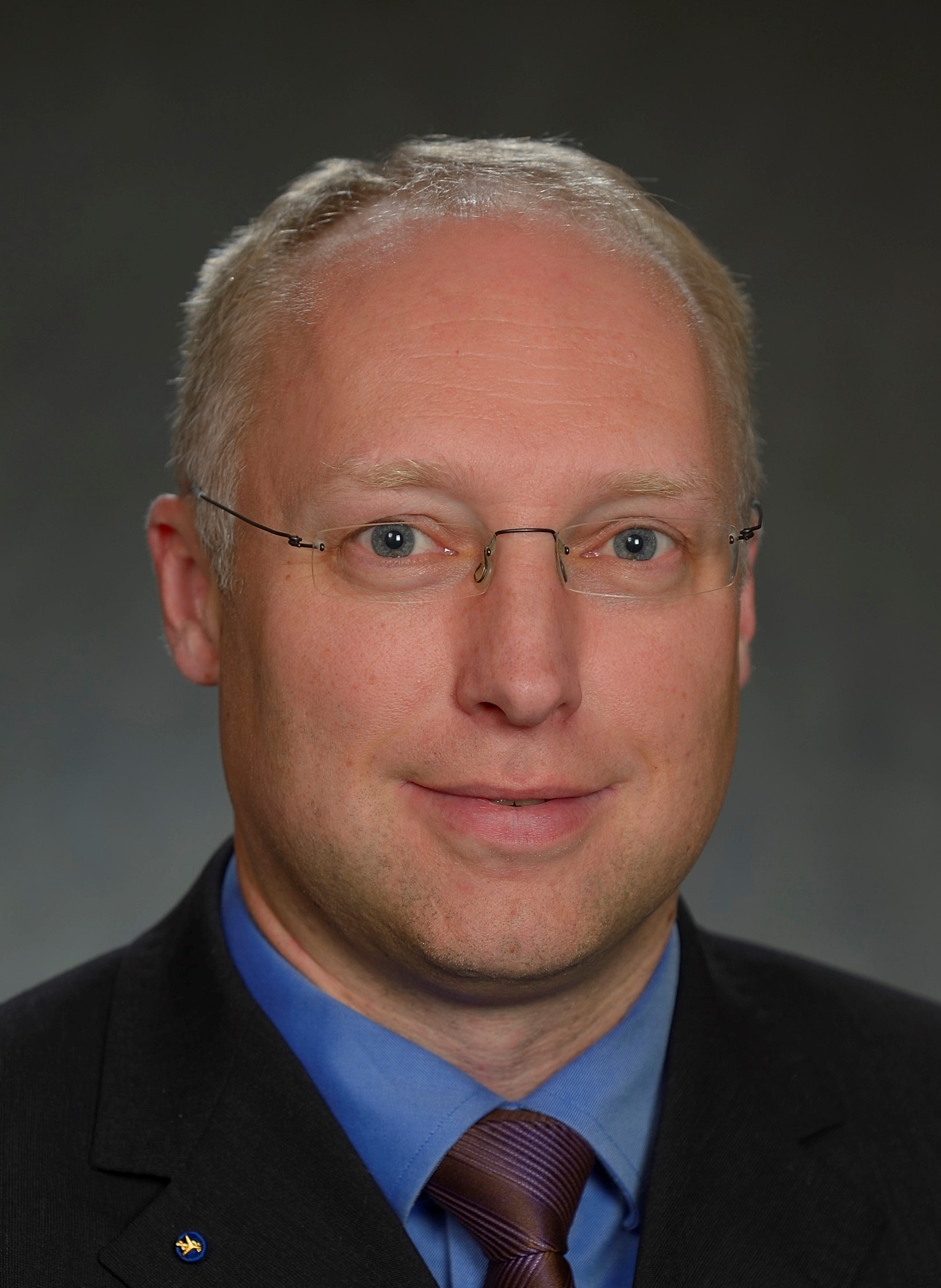
Hearing loss is very common with 1.3 Billion affected people worldwide. Noise exposure is the most common reason for hearing loss. Because our hearing operates across an enormous range, sound levels are expressed on a logarithmic scale – decibels or dB. For an 8-hour workday, 85 dB are typically considered safe. For every 3 dB that the sound level increases, exposure time needs to be halved. So in an 88 dB environment, only 4 hours are safe. Exposure time needs to be reduced to 15 minutes if sound levels reach 100 dB.
A good sign that a concert or movie or bar was too loud is a ringing in your ears when you try to fall asleep or even during the next day. If this happens, some damage was done, very likely permanent. The reason why so many people don’t care is that the ringing goes away, and we only pay the price much later in our lives, in the form of noise-induced hearing loss or tinnitus. Both of these conditions can be debilitating and reduce the quality of our lives dramatically. Unfortunately, humans are terrible at changing their current behavior based on something that will happen much later in life.
I recently had the honor to give a TedMed talk on the topic of noise effects on health. An example I often give during my talks is a person attending a rock concert who is being exposed to sound levels of 100 dB. I always felt a little uncomfortable as I couldn’t be sure that levels were really that high. This has changed a few weeks ago. I accompanied my daughter to a pop concert and measured sound levels in excess of 104 dB. Luckily, I brought ear plugs and we were protected. I assume that we were an exception, though, and that most of the ca. 60,000 attendees listened unprotected.
It was one of those moments when suddenly an idea hits you. I like to use my iPhone to check noise levels in my environment. The measurements are not super precise, but usually within plus or minus 2 dB, which is good enough. My family and friends are rolling their eyes whenever they see me pull out my phone to measure noise levels. In this case I thought: “Why couldn’t Apple do these measurements in the background and alert people when it is too loud?” I sent myself an email to remind me to search the internet on how to suggest features to Apple. Luckily, I did not have to. Last week, Apple announced that their smartwatches will do exactly that.
I think this is a great feature that will hopefully raise awareness in the general population and increases the number of people who either protect themselves or avoid overly loud areas. As somebody who has done research on the health effects of noise for his whole scientific career, and who is currently President of the International Commission on Biological Effects of Noise (ICBEN), I hope that this feature will also be introduced for iPhones (and all smartphones, for that matter).
Don’t get me wrong. I do not want to spoil the party or end the fun. I still remember the Disintegration CD by The Cure that had the inscription: “This album is destined to be played loud”. Loud music and movies can be fun. And loud is okay as long as it is not too often too loud. However, I more and more attend venues that are loud beyond pleasant. If you want to preserve your hearing, there are only two options:
Option #1: Wear hearing protection. Earplugs are cheap and small. They fit in any pocket. Always take a pair for yourself and your children. If you forgot to bring earplugs, toilet paper can work as a substitute. Certainly not perfect, but better than no protection at all, and readily available. Option #2: Complain about the noise. It’s about your health. If the volume is not lowered, leave the venue. No band or movie in the world is worth tinnitus or permanent hearing loss. Believe me.
Unfortunately, the iPhone can not only measure noise, it also delivers noise through attached headphones. The feature for limiting these noise levels in the settings is very rudimentary and could be much better. Hopefully, the next iOS will offer some improvements here as well.
Regardless, I applaud Apple for introducing a feature that could prevent hearing loss. Anybody who has ever asked Siri or Google for advice knows that smartphones are not always smart. However, using the electronic devices we carry with us 24/7 to monitor our environment and warn us when safe exposure levels are exceeded truly deserves the title ‘smart’. Perhaps our smartphones and -watches could evolve into watchdogs for other environmental exposures as well? For example, late night light exposure has been associated with shortened and disturbed sleep. The devices are already equipped with light sensors, so warning users that it is a little too bright for the time of day could be another way to improve health?
I personally am looking forward to Apple’s ‘Noise’ app, and hope that it will make a difference.
Disclaimer: The opinions expressed in this article do not represent those of the University of Pennsylvania Health System, or the Perelman School of Medicine at the University of Pennsylvania.

